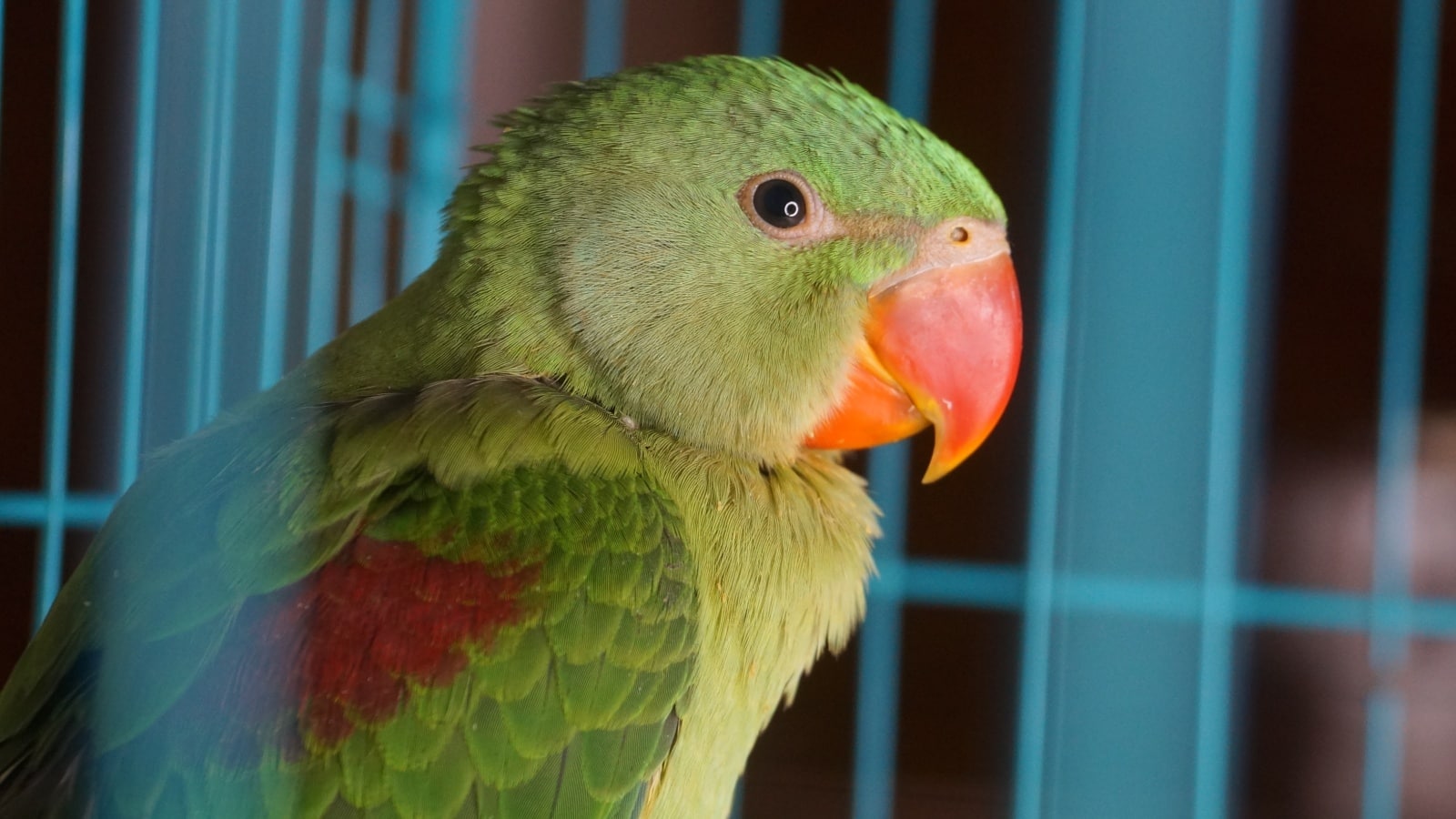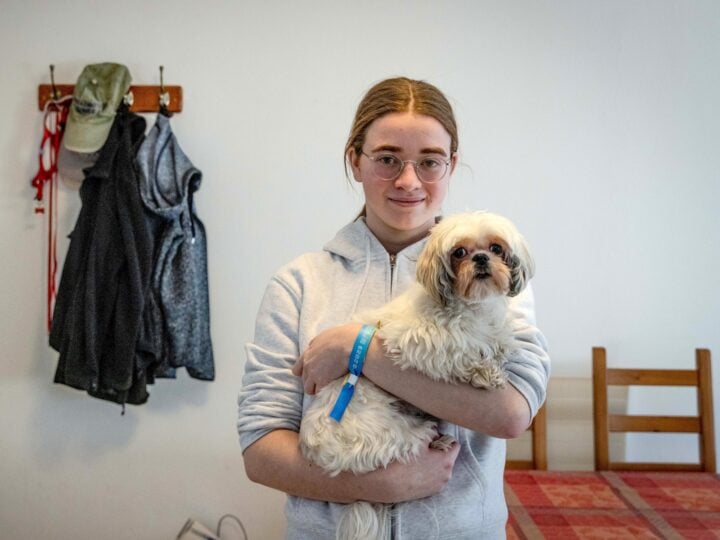When Israeli search-and-rescue teams finally reached Kibbutz Kfar Aza in the Western Negev, one of many communities devastated by Hamas infiltrators on October 7, they came across a hungry parrot cowering in its cage.
A brief inquiry revealed that the bird’s owner had been drafted into the reserves. Because the other kibbutz residents had been murdered, kidnapped or evacuated, they saw no choice but to put the parrot in an ambulance and take it the Magen David Adom (MDA) emergency medical station in Ashdod.
“When the ambulance arrived I prepared for the worst, because even days after the serious incident, injured and dead bodies continued to arrive. But this time a cage was pulled out of the ambulance with a magnificent but frightened and exhausted parrot inside,” said Nahum David, deputy director of MDA’s Lachish Region.
“In emergency situations, no questions are asked. I brought the parrot into the station and we quickly fed him and gave him water, because according to our calculations he was alone for three days and must have had some difficult moments,” he added.
MDA workers nicknamed the bird “Iron Parrot” (in homage to Israel’s Iron Dome antimissile system) and showered him with loving attention. They informed his owner that Iron Parrot is safe. They are praying that the reserve soldier will soon be reunited with his beloved pet.
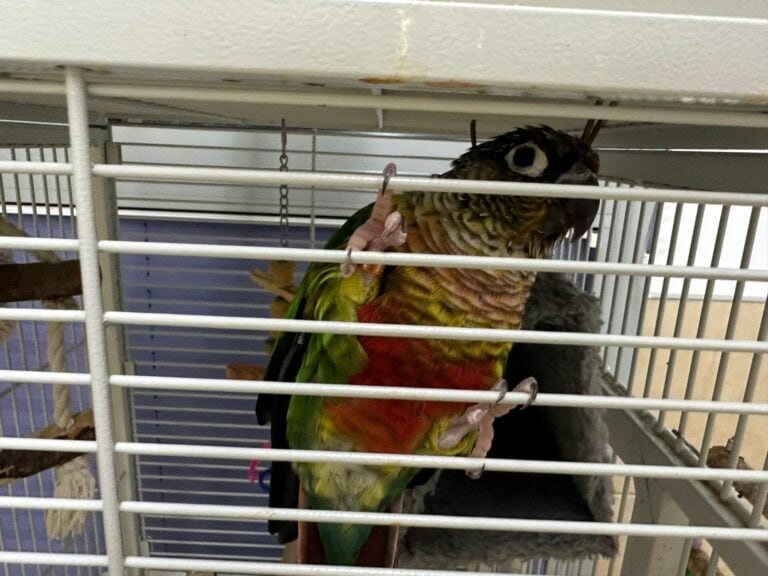
This simple story has resonated with Israelis, because thousands of household pets in the Gaza border area were not so lucky. Many dogs were shot along with their owners.
In the evacuated communities of the south and north, thousands of stray cats and dogs, as well as petting-zoo animals, were left in a war zone with nobody to feed them.
Governmental bodies such as the Israel Parks and Nature Authority, nonprofits such as Let the Animals Live and the Israel Primate Sanctuary, and individuals such as Nora Lifshitz from the Israel Bat Sanctuary, are working under dangerous conditions to rescue these animals and provide veterinary care for those injured.
Tamar Fredman, head of the Israel Primate Sanctuary in central Israel, said among the animals she is sheltering are gazelles removed by INPA from a petting zoo in a village on the Lebanese border, and an ostrich from the western Negev that was tied up in a truck.
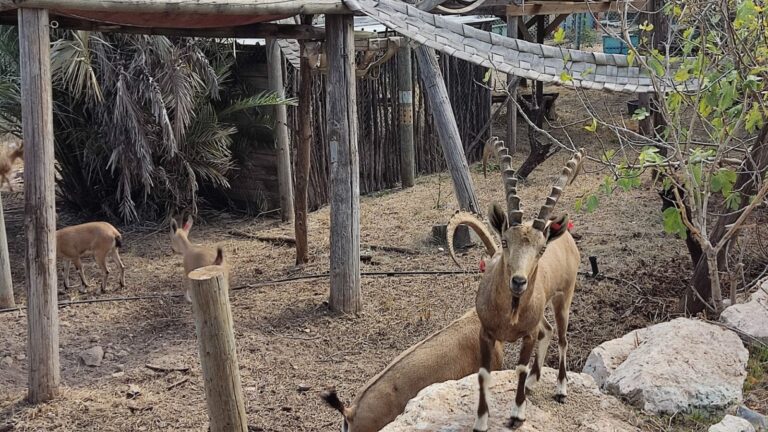
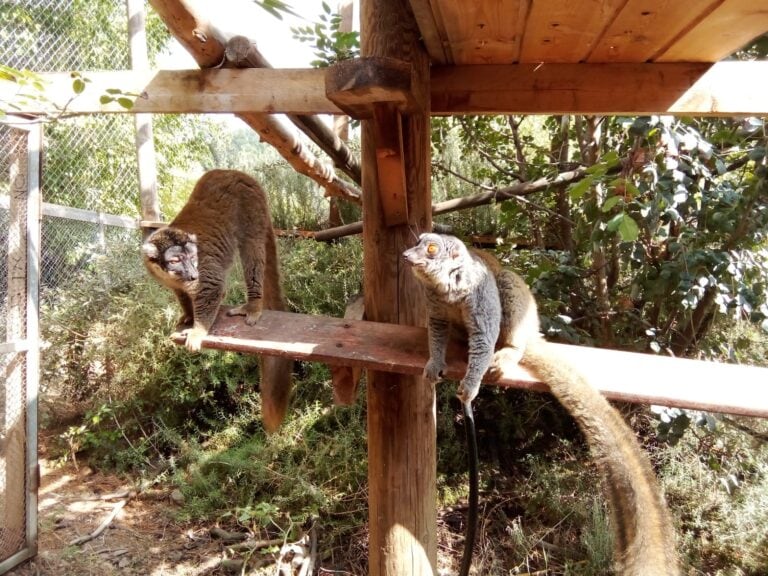
When possible, rescued pets are reunited with their evacuated owners. The others are put into foster or adoptive homes.
In the video below, Let the Animals Live CEO Yael Arkin describes the rescue operations.




